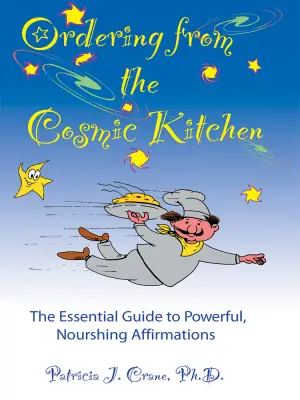Review of Next of Kin by Kia Abdullah
Have you ever had a moment—just a fleeting second—where distraction pulls you away from your responsibilities, leaving you to grapple with the haunting question: What if? That’s exactly the emotional precipice Kia Abdullah’s Next of Kin pushes us to confront, and it captivated me from the first page. This novel isn’t just a story about tragedy and guilt; it’s a deep dive into the complexities of family dynamics and the haunting shadows of parenting expectations. Abdullah’s poignant writing not only made me reflect on personal choices but also challenged societal assumptions about motherhood.
At the heart of the story is Leila Syed, a fiercely ambitious architect juggling the demands of her career and family. I found myself empathizing with her almost immediately, as Abdullah lays bare Leila’s struggles with her professional ambition and the societal pressures that come with being a childless and highly successful woman. The novel opens with Leila’s idyllic family gathering, setting the stage for the devastating call she receives from her brother-in-law Andrew. His panic-stricken voice echoes a stark reality—Leila forgot to drop off her nephew Max at nursery, and now he’s locked in her car on one of London’s hottest days. This moment shatters her world and serves as the catalyst for the gripping courtroom drama that ensues.
One of the themes that resonated with me is the exploration of blame and the heavy burden of public scrutiny. Leila’s journey through the courtroom reflects not only her own guilt but also society’s harsh judgments of women who, like her, face the weight of perfectionism. Abdullah weaves a tale that prompts the reader to ponder difficult questions: Was this a momentary lapse of judgment, or a deeper reflection of Leila’s internal struggles? As secrets unfold and the courtroom scenes become more intense, I felt a profound sense of empathy for Leila—a perfect example of how complex our perceptions of right and wrong can be.
Abdullah’s writing style is both tender and unflinching, allowing readers to immerse themselves fully in Leila’s inner turmoil. I appreciated how she skillfully balanced courtroom drama with emotional depth, always leaving hints about the broader implications of Leila’s choices. Memorable quotes like, “It’s strange: all your life, you could believe one thing about yourself, but find that you were different when it really mattered,” beautifully encapsulate the existential dilemmas many readers may face, fostering a poignant connection.
Moreover, the pacing of the novel keeps you on the edge of your seat. Just when I thought I had the plot figured out, Abdullah masterfully led me down unexpected paths, keeping the tension alive until the very last pages. The themes of jealousy, familial bonds, and societal expectations twined beautifully together, leaving me with much to ponder long after I closed the book.
In conclusion, I highly recommend Next of Kin to readers who enjoy emotionally charged narratives or are drawn to thought-provoking family dramas. If you’ve ever grappled with guilt or found yourself torn between personal ambitions and family obligations, this book may resonate with your own experiences. Abdullah’s exploration of the human condition shines a light on the complexities of life and how our choices ripple through the very fabric of our relationships. This novel didn’t just entertain me; it compelled me to reflect on my life and the intricate ties that bind us all.
So, grab a cup of tea, settle into your favorite reading nook, and prepare for a heart-wrenching journey that will stay with you long after the final page is turned.







